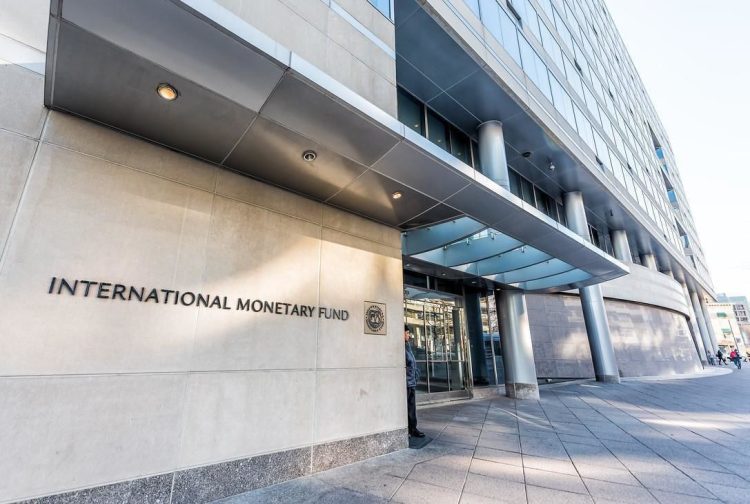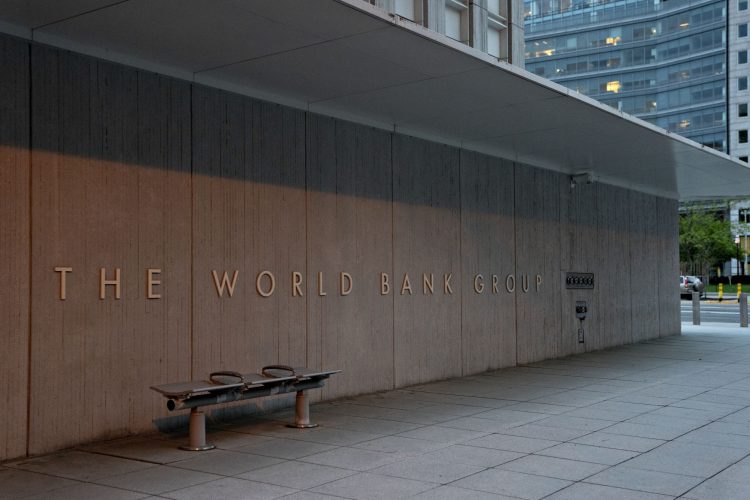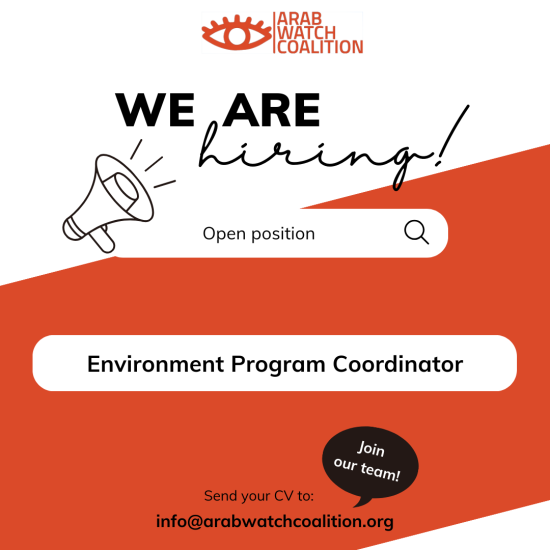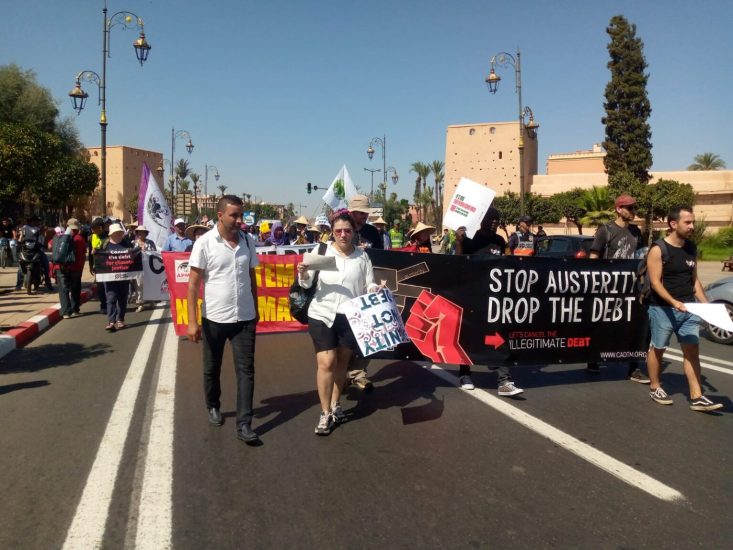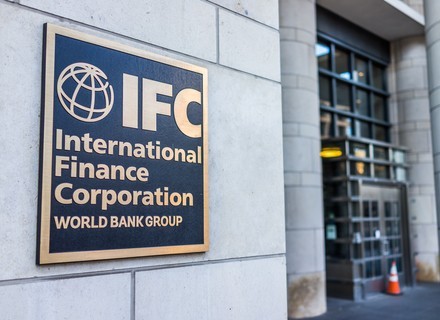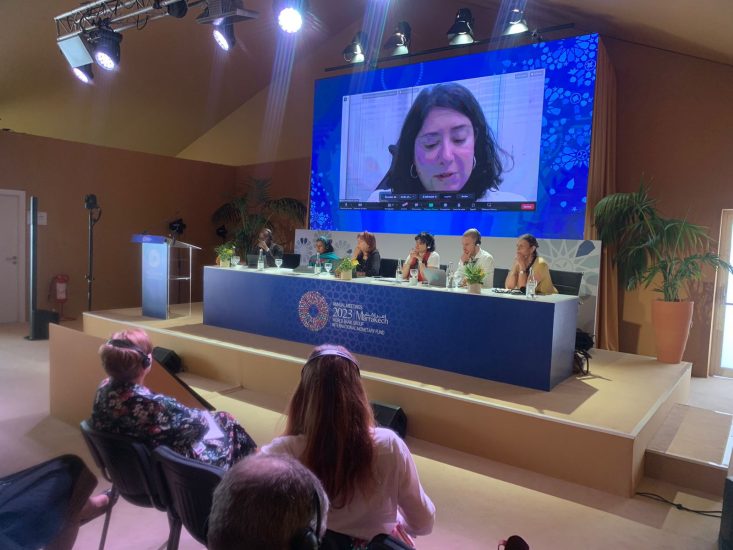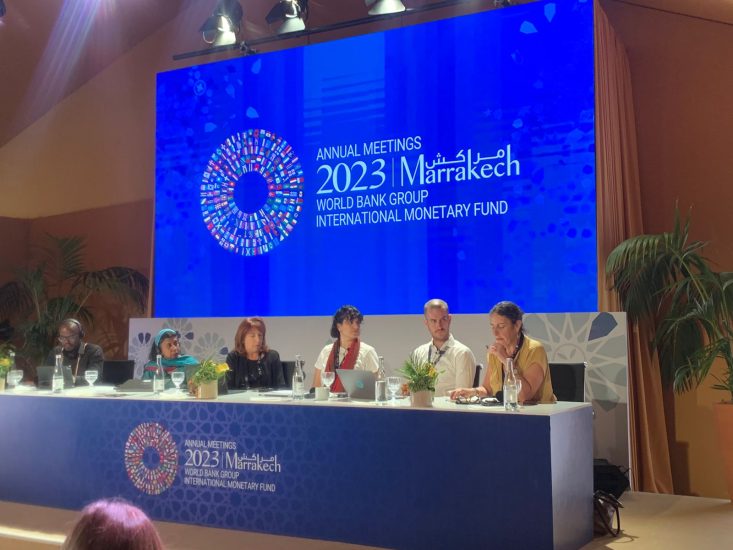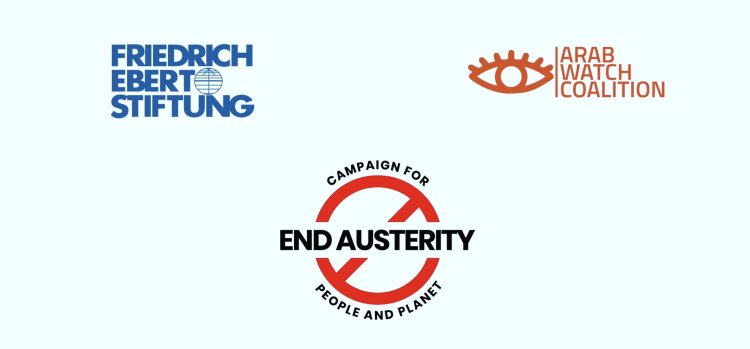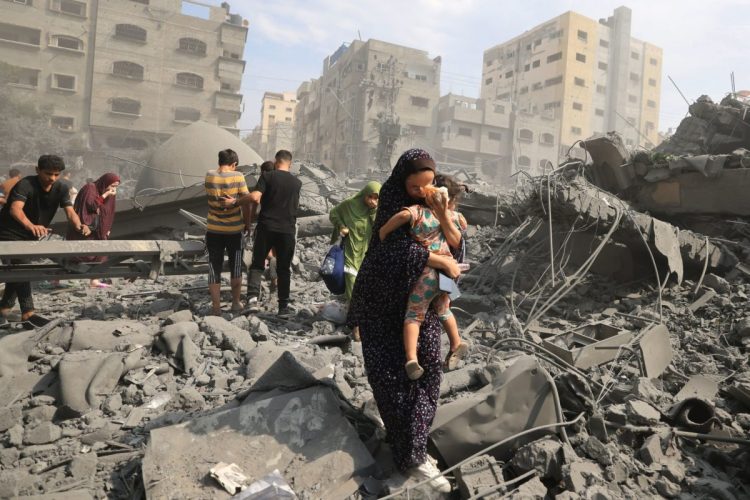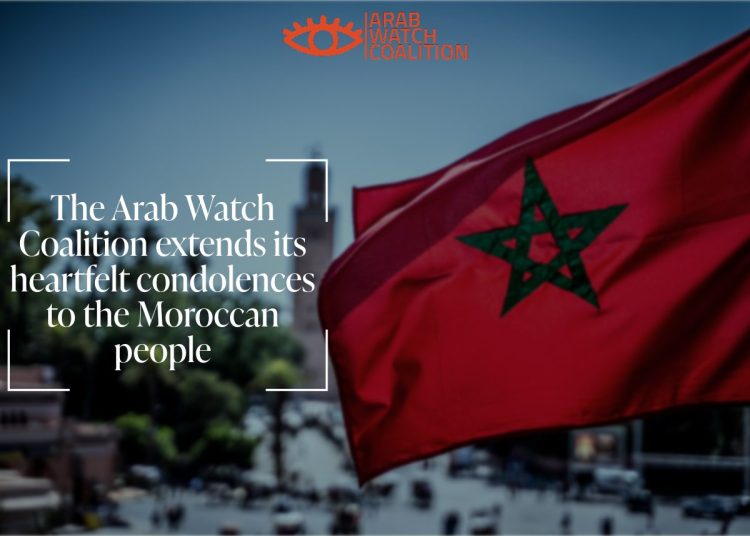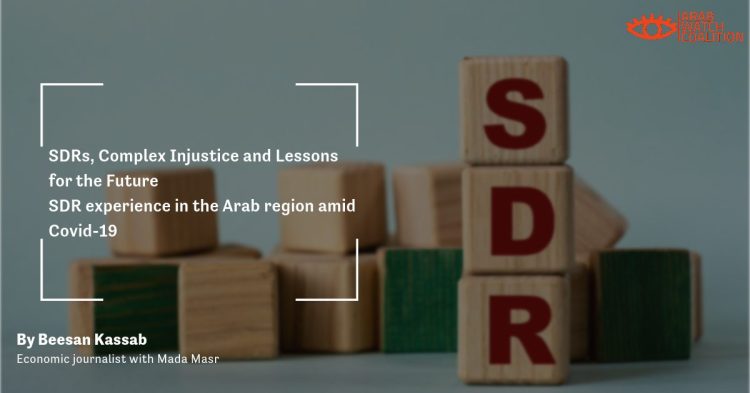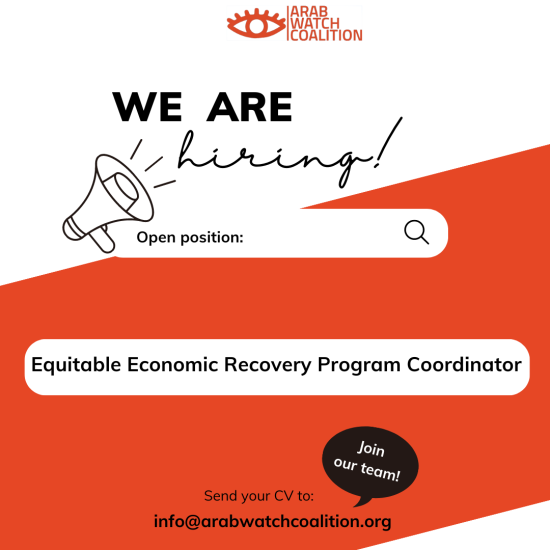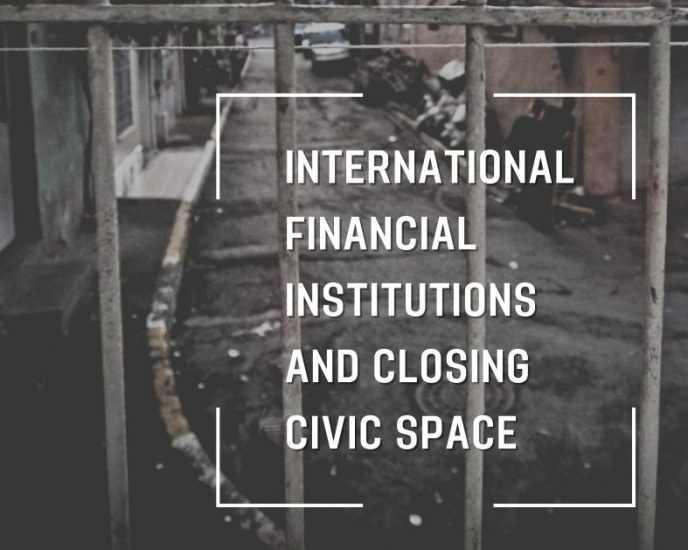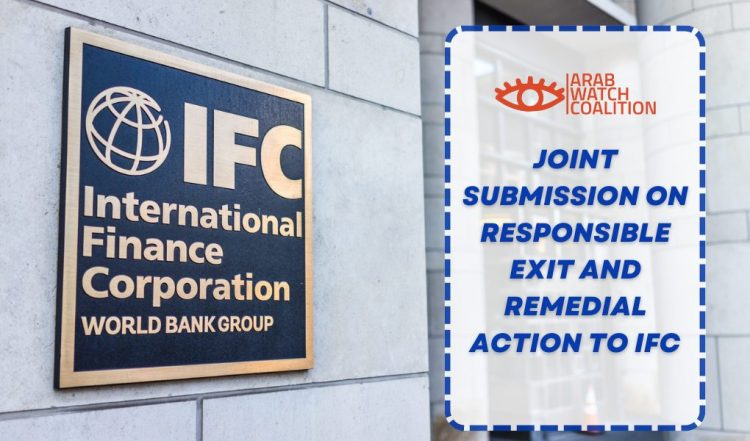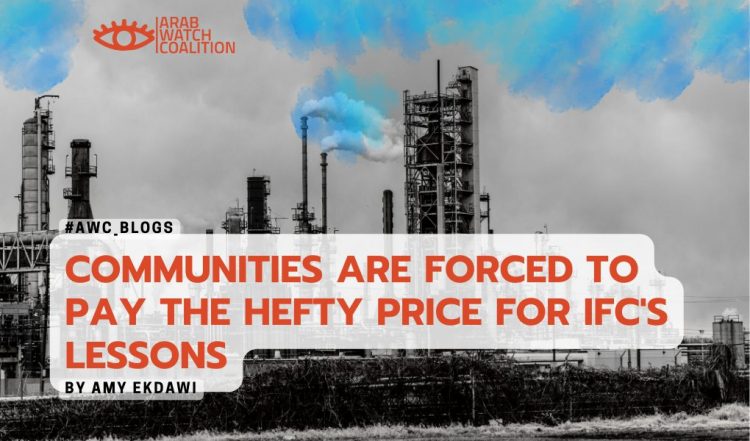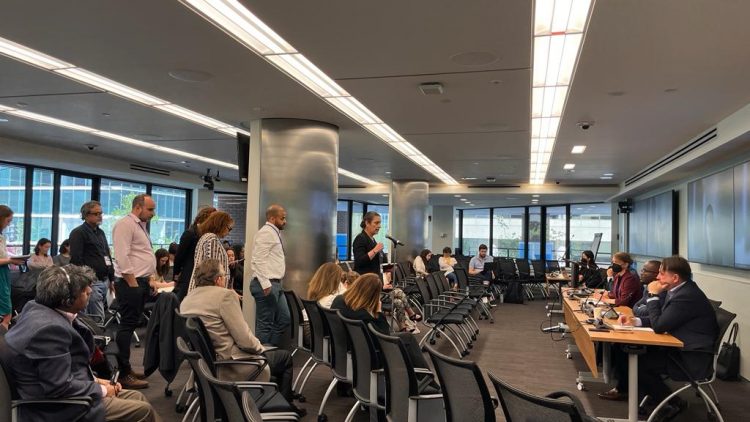Jordan
AWC has four members in Jordan and works also with non-member organizations.
AWC monitors the policies and activities of the following International Financial Institutions (IFIs) in Jordan:
International Monetary Fund (IMF)
Jordan became a member of the IMF in 1952. The Jordanian government received its first loan from the IMF in 1989 and has since secured 11 loans from the institution. The latest loan, approved in January 2024, is a $1.2 billion, four-year program aimed at supporting Jordan’s economic reforms, replacing a previous program that was set to expire in March 2024.
The IMF conducts annual assessments of the Jordanian economy. These assessments, known as Article IV Consultations, are named after Article IV of the IMF’s Articles of Agreement, which established the IMF’s surveillance role.
World Bank Group (WBG)
Jordan became a member of the World Bank Group (WBG) in 1952. Since then, the bank has invested in 150 projects within the Jordanian public sector. Currently, the WBG has 27 active projects in Jordan.
The International Finance Corporation (IFC), the private sector investment arm of the WBG, has 51 active projects in Jordan. Over the past decade, IFC has doubled its investments in the country, mobilizing over $1.6 billion. With an investment portfolio exceeding $500 million, Jordan holds IFC’s second-largest portfolio in the Middle East, Pakistan, and Afghanistan region.
The World Bank Group develops a Country Partnership Framework (CPF) for each country where it operates. This framework outlines the Bank’s strategy for a specific country over a three to five-year period. The current CPF for Jordan covers the period from 2024 to 2029.
The European Investment Bank (EIB)
EIB started its operations in Jordan in 1979. Since then, EIB invested € 2.99 billion in 74 projects in Jordan.
The European Bank for Reconstruction and Development (EBRD)
Jordan’s relationship with the European Bank for Reconstruction and Development (EBRD) began relatively recently. The EBRD financed its first project in Jordan in late 2012. Since then, the EBRD has invested in 71 projects across both the public and private sectors and currently has 57 active portfolio projects.
The EBRD creates a Country Strategy for each country it operates in, outlining its strategic framework for a specified period. The most recent Country Strategy for Jordan was adopted in January 2020 and extends until 2025.
Main issues that AWC focus on in Jordan
Although Jordan is considered relatively one of the most politically stable countries in the region, it suffers from many economic, social, and environmental crises. Jordan is one of the most water-poor countries in the world and is exposed to many risks related to climate change. The conflicts and wars in neighboring countries to Jordan have led to a significant increase in the number of refugees and displaced persons in Jordan, which has led to further pressure on already scarce resources. The COVID pandemic has also increased the unemployment rate in Jordan, especially among young people and women, as the rate of women’s participation in the labor force in Jordan is one of the lowest in the world.
Jordan has received several loans from the International Monetary Fund in recent years, and due to the increase in the debt burden, the Fund imposes additional fees/surcharges on Jordan in addition to debt service. The IMF programs affect several policies in the country, such as tax policies, social support policies, and the state’s ability to spend on public services, especially education and health.
Many International Development Banks have investment portfolios with Jordan’s public and private sectors. The most important banks are the World Bank Group, the European Investment Bank, the European Bank for Reconstruction and Development, and the Asian Infrastructure Investment Bank.
Jordan’s relatively stable political situation has led to accumulated experience in civil society in identifying and dealing with the available civic space and developing the skills to adapt to security requirements that could hinder their activities or obtain the necessary funding. In recent years, Coalition members in Jordan have been active in activities related to International Monetary Fund policies, particularly regarding debt accumulation and austerity measures, as well as in monitoring the implementation of some projects funded by the World Bank Group.
AWC activities in Jordan
AWC, and its Jordanian members and partners, are monitoring closely the national economic program promoted by the IMF, and the special programs and projects that aim at easing the economic impacts of the Covid-19 pandemic.
AWC partnered with “Phenix Center for Economics and Informatics Studies” to monitor and analyze the impacts of the World Bank’s Education Reform Support Program. This program aims to facilitate access to quality education for children of the host communities and refugees. The program has been active since 2017, but was adapted, with additional financing from the World Bank, in June 2020 to account for the new challenges by the Covid-19 pandemic.
This information was updated in July 2024


